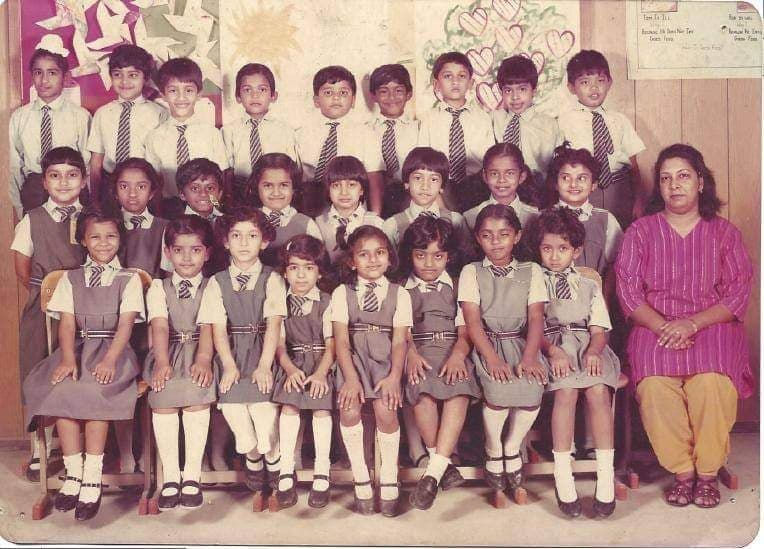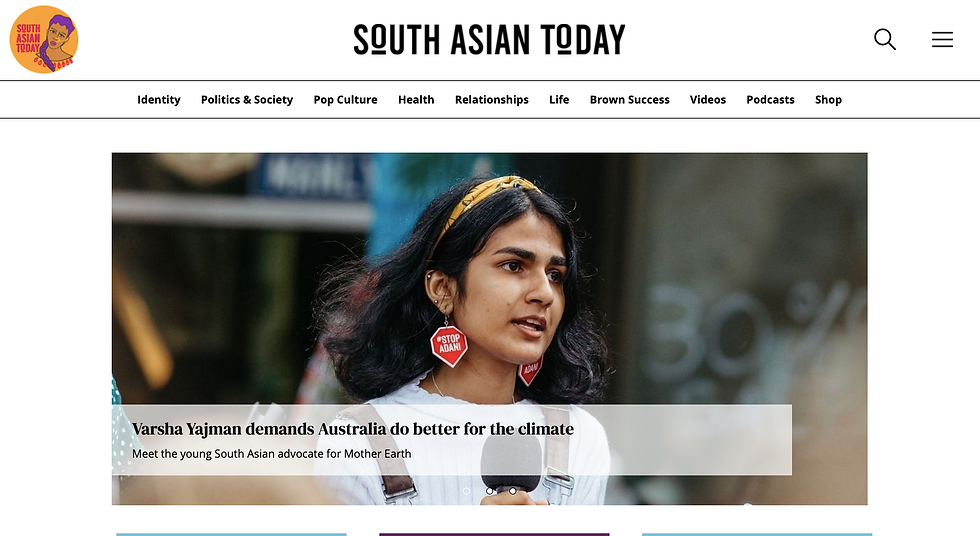South Asian Women Are Qualified, Stop Pretending That They Aren't
- Zoë Victoria
- Jul 12, 2021
- 3 min read
Earlier this year, when Priyanka Chopra was questioned by a reporter about how qualified she was to announce the Oscars nominees, the world applauded her classy clapback.
In being questioned about her suitability, Chopra was forced to pull out her extensive body of work to prove that she deserved to be in the room. It's an experience that is all too familiar for South Asian women who have migrated to Australia.
The incident reminded me of my Mum's experience. When she moved to Australia in the mid '90s, she had been teaching for close to a decade. She'd trained and worked initially in India and then later moved to the United Arab Emirates (UAE) where she continued teaching and eventually met my Dad. When they got married, they decided to settle in Australia.
But when Mum arrived, she struggled to find employment in a school. Her qualifications and years of teaching experience didn't matter in a workforce that only valued Australian qualifications and local experience.
Mum says that at the time, she was willing to complete a two-year bridging course if it meant she'd be able to teach in Australia. But she found that in order to teach, she'd be required to complete an entire four-year degree at an Australian university.

Instead, she was forced into insecure work. Initially running her own business while she cared for my younger brother and I, and later, gaining casual employment to pay our school fees. After more than a decade in precarious employment, she went back to study and re-trained in a new career.
Her experience is not unique. Research conducted by AMES Australia in 2016 looked at the workforce experiences of partner-migrants and skilled women arriving in Australia. The research showed that many women found that having their prior qualifications recognised or upgraded was a process that was 'time consuming and expensive'.
Indian-born founder of media company South Asian Today, Dilpreet, told me that her experiences also reflected the research findings. "There is a lot of money, sweat and heartbreak that goes through the process of migration," she told me.
Women interviewed as part of the AMES research also identified their lack of local work experience as one of the key reasons for being unable to secure employment.
Dilpreet faced that same difficulty when she came to Australia in 2017. She had extensive journalism experience having interned in international newsrooms and worked at one of India's biggest networks.
"It felt awful...I have a post-graduate diploma in Communications, years of experience in the media, I run my own journalism-based company and I am yet to work in the TV or radio sector in Australia," she explained.
She was also demoralised by what the AMES research refers to as 'the perception that [migrants] have poor language skills'.
Dilpreet said, "To be 23 and highly qualified and finding myself in Australia where people would assume I speak 'good English' only because I must have grown up in the West was a punch to the gut."

She eventually overcame the obstacles by launching her own media company last year. South Asian Today is "feminist, anti-caste, anti-class, exposes anti-Blackness, Islamophobia, transphobia and settler-privilege among South Asians," she says.
But not every migrant is able to do what she did. Other women are locked out of their chosen professions through no fault of their own. Like my Mum, some sacrifice their careers in favour of raising children and building a new life in their adopted country. And like Priyanka Chopra, the few who are able to establish successful careers in the Western world are still forced to prove that they deserve to be there.





Comments